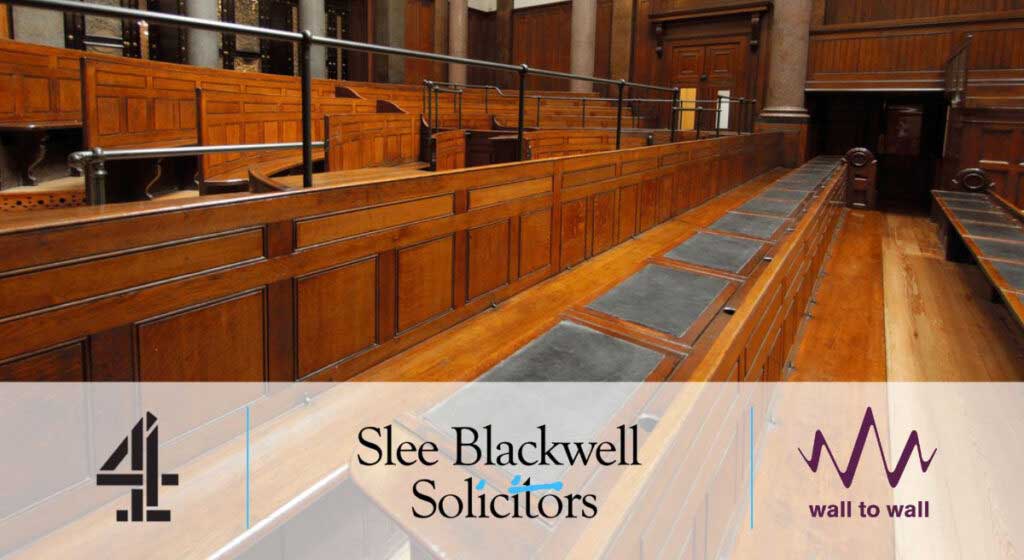We operate a free cosmetic surgery helpline. If you have been the victim of negligence then give us a call on 0333 888 0437 for FREE legal guidance and details of No Win, No Fee case funding.
The Health Secretary has announced the launch of a further review of the cosmetic surgery industry in the UK following the PIP breast implant scandal.
Professor Bruce Keogh, medical director of the NHS, has convened a panel of experts including PIP campaigner, Catherine Kydd, editor of fashion magazine Marie Claire, Trish Halpin, and former medical director of BUPA, Andrew Vallance-Owen, to oversee the review.
Speaking on BBC Breakfast, Professor Keogh said that the PIP scandal “has raised a cacophony of concern” about the cosmetic surgery industry as a whole. He said the PIP debacle had “shone a light” into the “dark recesses of the cosmetic surgery industry”. He commented that although parts of it are “run extremely well, very ethically with very, very high standards” unfortunately a review was necessary into order to address the “grubby practices” that persist in others.
The review will focus on the way the industry is regulated, the skills and qualifications of cosmetic surgeons and practitioners, the appropriateness of the marketing techniques used to advertise procedures, and the way complaints are dealt with when problems arise.
Fazel Fatah, president of the British Association of Aesthetic Plastic Surgeons (BAAPS), has welcomed the launch of the review. The BAAPS is particularly concerned with the “unethical practices of patient inducements on the basis of cost” whereby surgery is offered at discounted rates if a patient signs up quickly, refers a friend or books more than one procedure simultaneously. Professor Keogh worries that “too many people do not realise how serious cosmetic surgery is” and incentives such as these are encouraging us to see cosmetic surgery more as a harmless buy-two-get-one-free, do-it-in-your-lunch-break commodity and less as an inherently risky medical treatment which must be provided by highly qualified surgeons.
The BAAPS would also like an “outright ban” on advertising which Fatah says is “widely used to prey on the vulnerability of patients who seek cosmetic surgery for psychological reasons.”
It is anticipated that the review will recommend a compulsory independent national register for all types of implant devices (including injectable fillers) so that patients can be easily traced if necessary; minimum standards of training for those carrying out cosmetic procedures; the introduction of a scheme similar to that used by the holiday industry which would protect patients if things go wrong; a requirement for the long-term health risks to be fully explained; a mandatory cooling-off period so people have time to reconsider before they go ahead with the surgery; and strict guidelines about the way cosmetic procedures are advertised.
Chief executive of the charity Action against Medical Accidents (AvMA) Peter Walsh expressed his concern that previous attempts to regulate the cosmetic surgery have not been successful due to “political resistance”. He says the reluctance of politicians to introduce statutory regulations in the past has compromised patient safety.
It is to be hoped that the PIP scandal at the very least has cleared the path of that particular political hurdle once and for all. Indeed, conscious of the enormous public appetite for significant and lasting changes to be implemented, Professor Keogh is inviting members of the public to share their cosmetic surgery experiences and voice their opinions about changes that could be made to improve patient experiences before and after surgery.
If you have been the victim of negligent cosmetic surgery and want to know if you are entitled to compensation, please contact us on 0333 888 0437 for a free case assessment.
